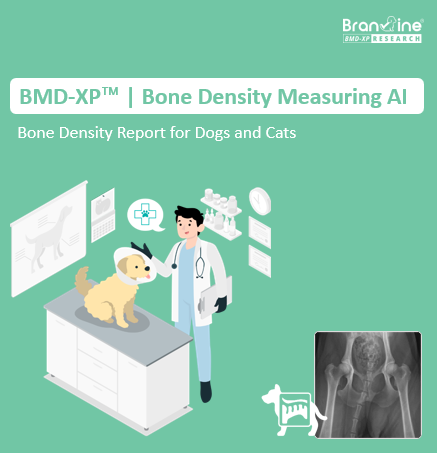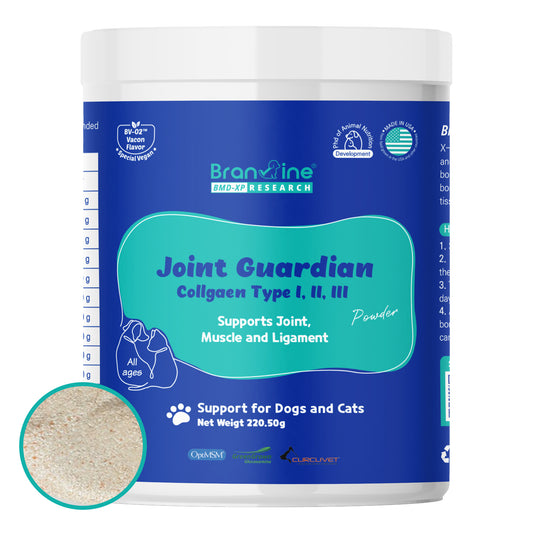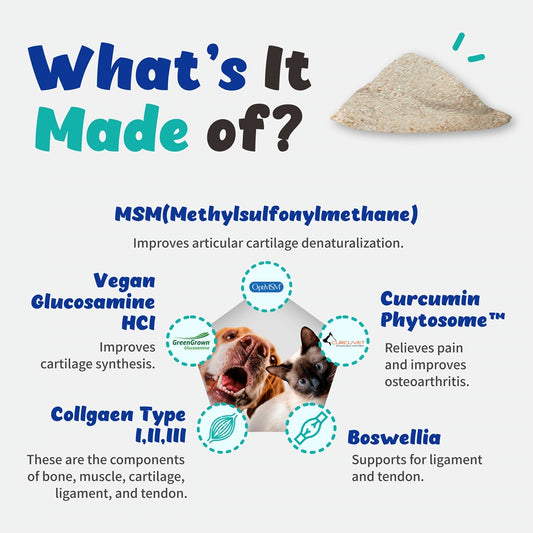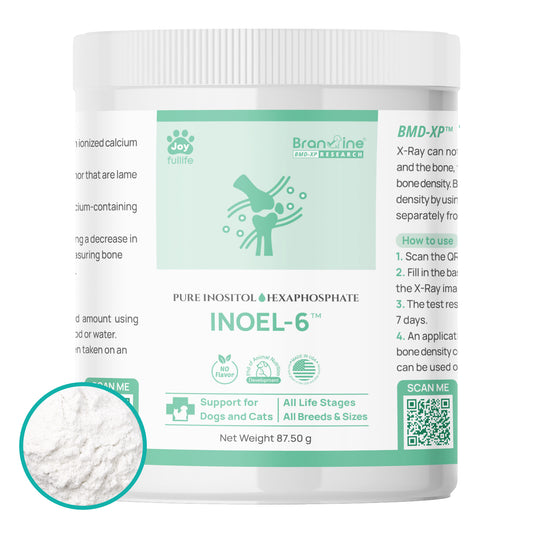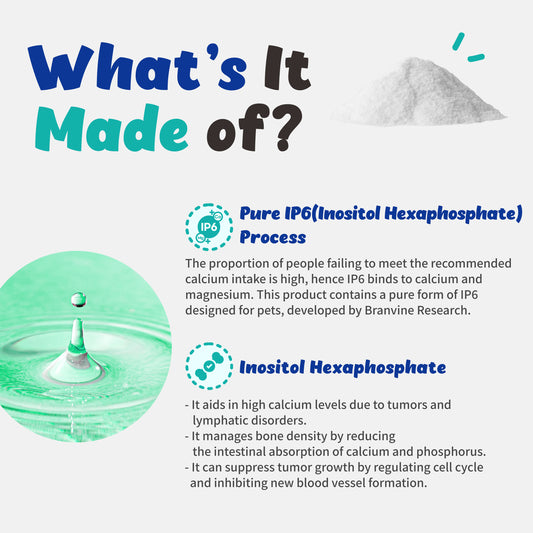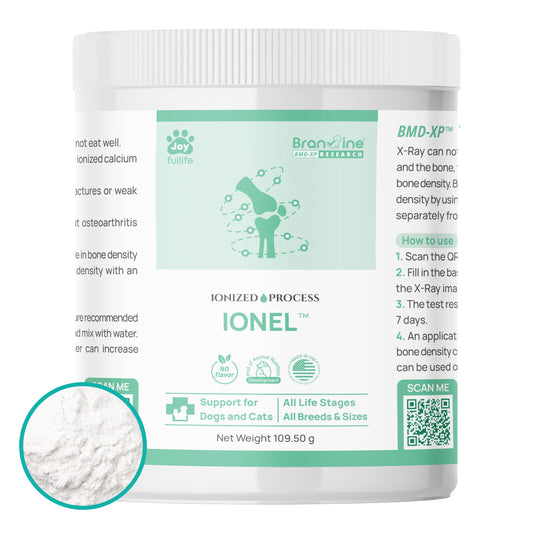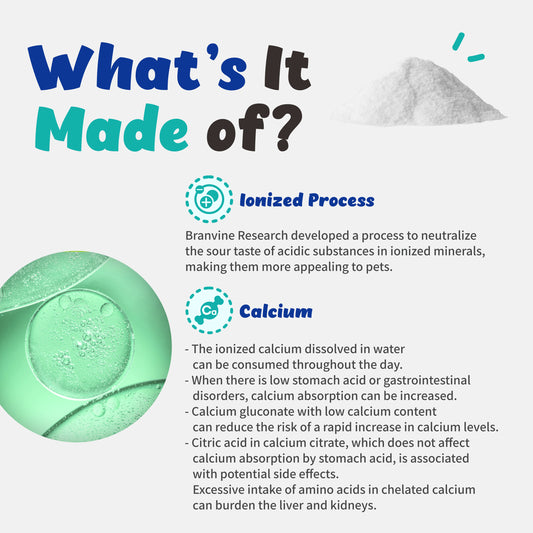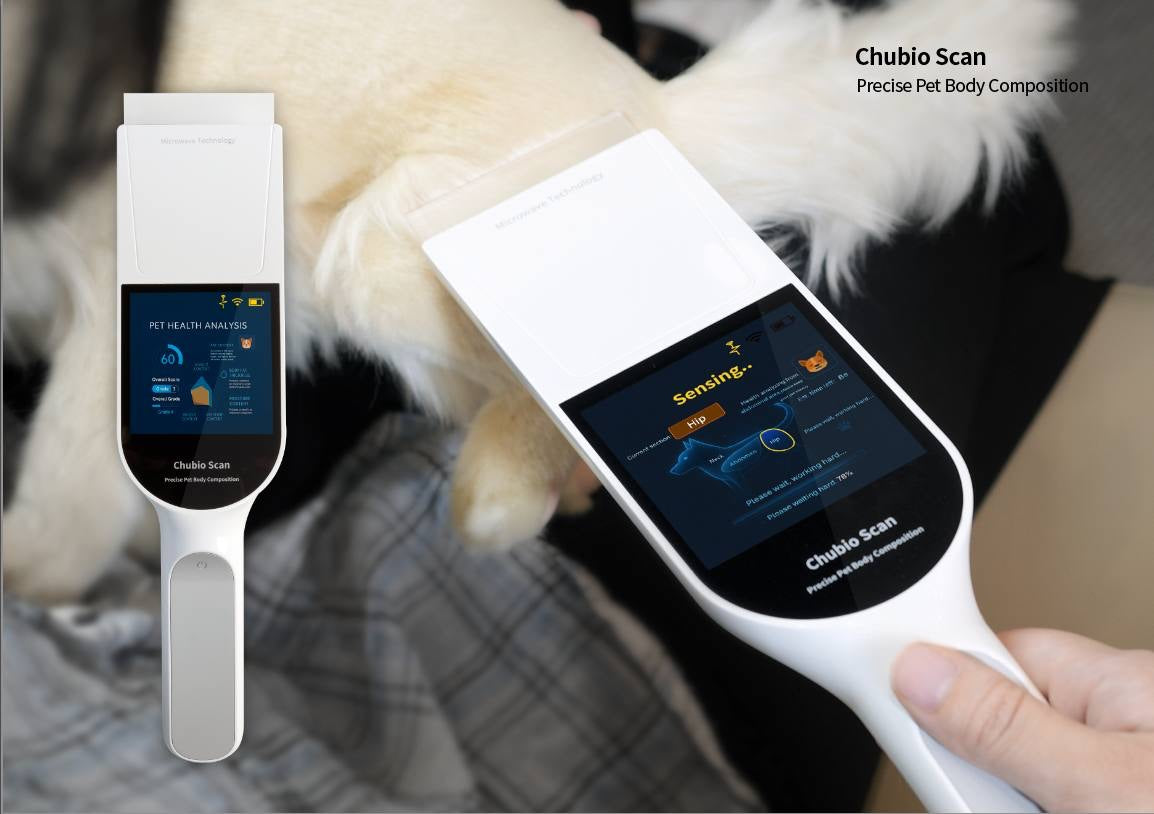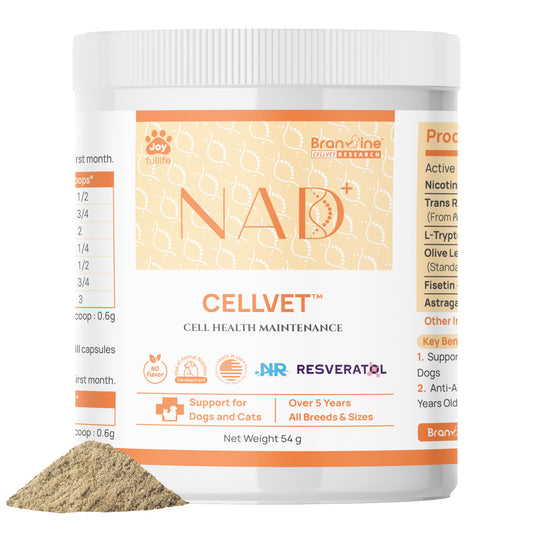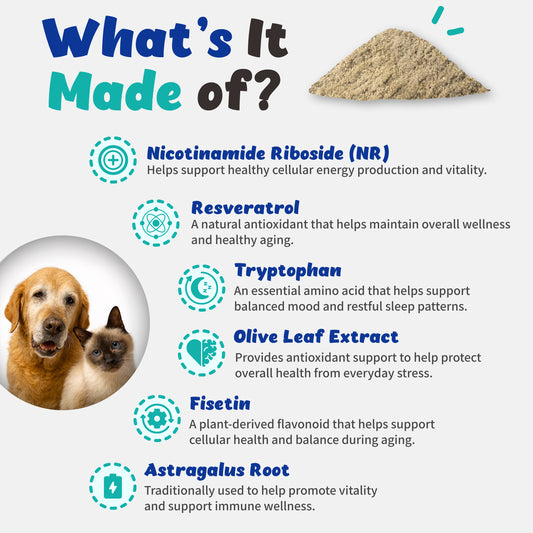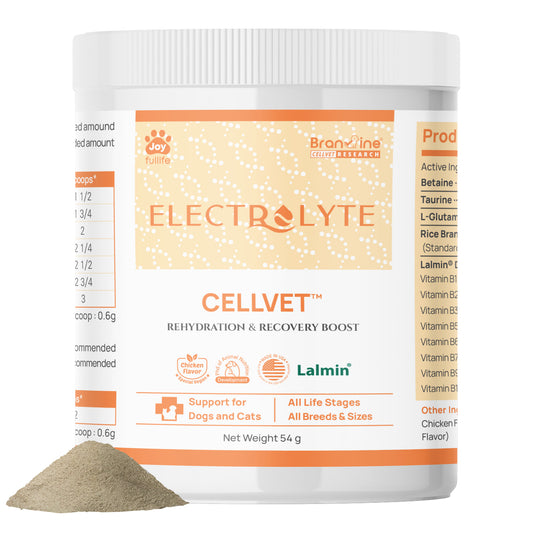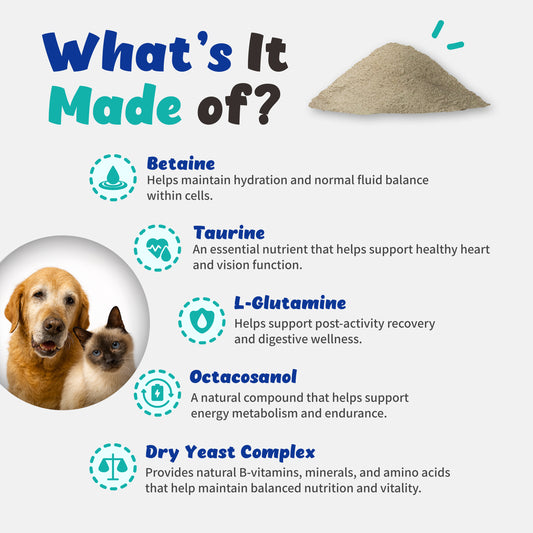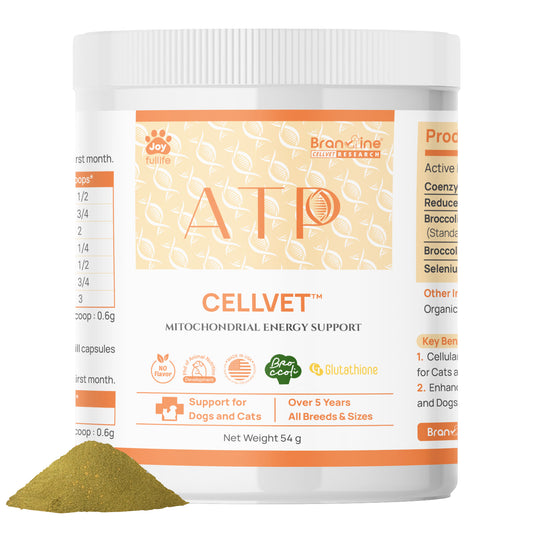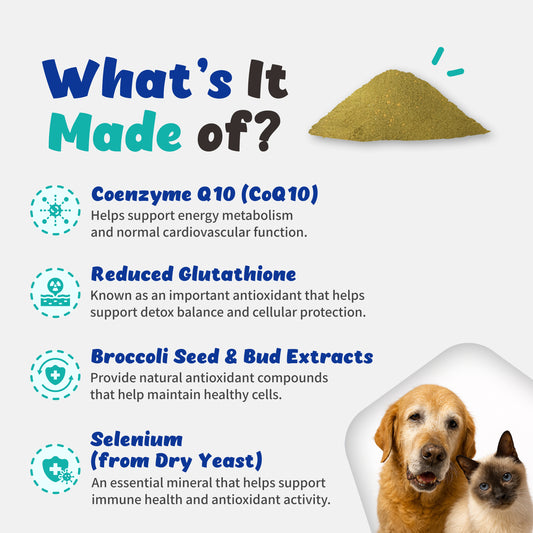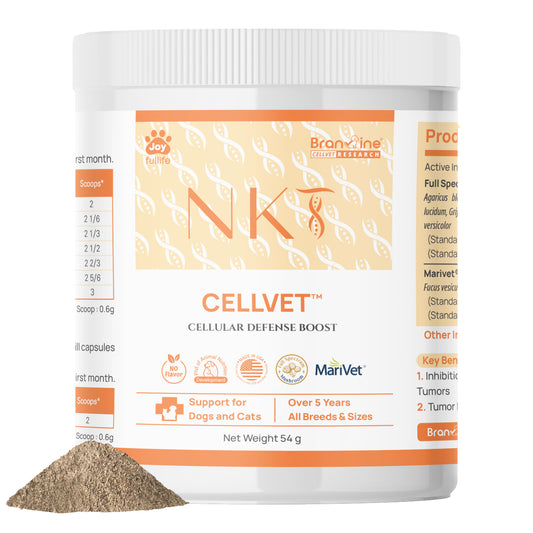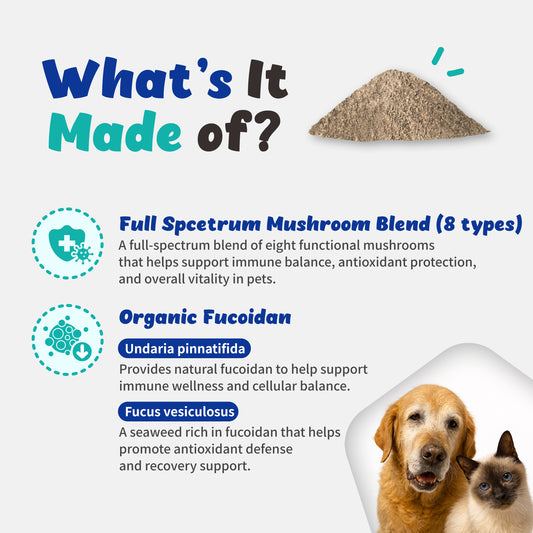Can Arginine Be Toxic to Cats? YES!
Herpesvirus type 1 (FHV-1) is the most common feline virus in the world.
You've already heard about the fear of it while getting the vaccine. Symptoms include severe eye disease, epilepsy, and ulcerative keratitis.
Studies have shown that after a first exposure to FHV-1, 80% of cats are potentially infected, and reactivation occurs in about 50% of these.
It is distributed in the body, and the moment cat’s immune system weakens, the virus moves again.

Numerous studies have shown that arginine plays a role in activating and replicating human herpesvirus and feline herpesvirus type 1.Nevertheless, since arginine deficiency can cause hyperammonemia, we cannot ignore this ingredient.

As shown in the table, FHV-1 was cultured in feline kidney cells and the results were observed with different concentrations of arginine and lysine. In the medium without arginine, the cells did not grow at all, and the higher the arginine content, the faster the cell growth was obtained.
Lysine is known to be effective against upper respiratory infections. As the content of lysine increases, cell growth slows down, but the content of arginine cannot be offset.
From other studies, I can say that lysine inhibits arginine, but to a lesser extent. If cats who had a lot of problems with herpesvirus type 1 did not improve their symptoms or were slow, it is recommended to check whether they are feeding food or nutritional supplements with high arginine intake.
This applies even more to cats without hyperammonemia.

